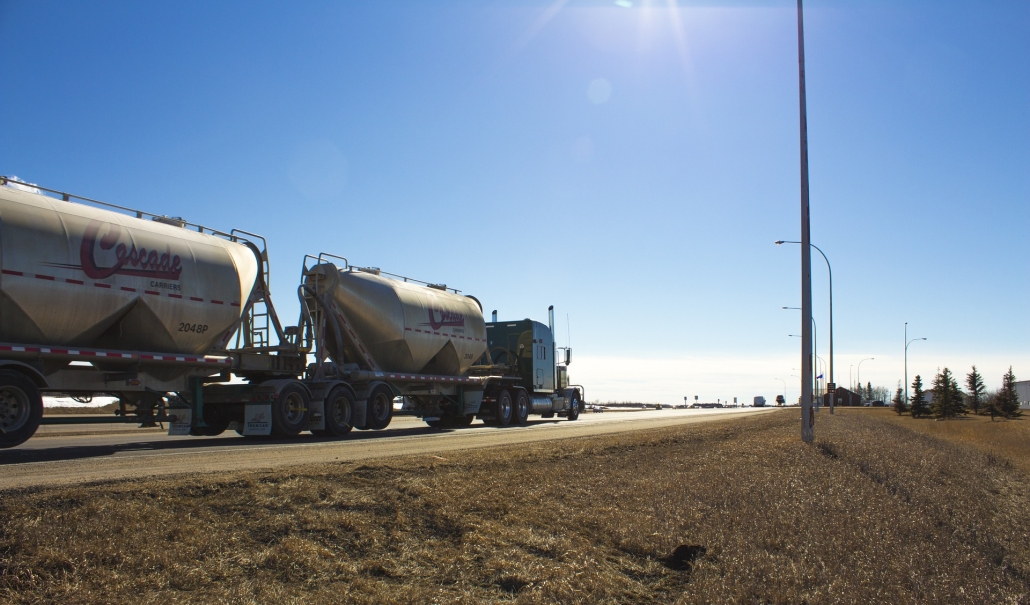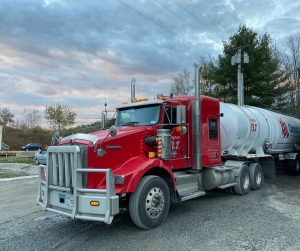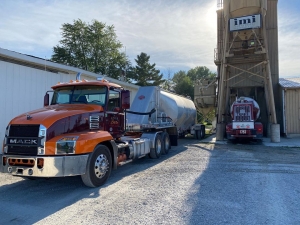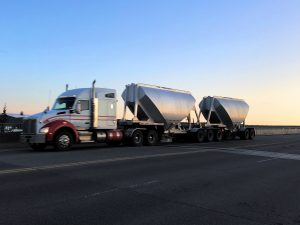
Are you looking for a new truck driving position? Perhaps you want to learn new skills and switch to a specialty job? Within the trucking industry, there are many different types of jobs, some of which require additional training and/or certification but may afford you the opportunity to learn new skills, carry different types of freight, and travel different routes. One option is transporting dry bulk tanks.
Dry bulk tank jobs offer unique benefits, but they also have special requirements that other types of job do not, including cleaning the tank (in some cases) and understanding how to unload the material you are hauling.
Types of Dry Bulk Tanks
Dry bulk tanks are used for the transport of dry materials including food grade, industrial, and construction materials. Unlike traditional tankers, dry bulk tanks do not carry liquid or gas. Common materials transported in dry bulk tanks include:
- Plastic or resin pellets
- Sand
- Cement
- Sugar
- Flour
- Starch
- Chemical powders
This type of tanker is also known as a pneumatic tanker and is typically manufactured as a single compartment tank, made of aluminum or steel. Dry bulk tanks are vacuum sealed and have openings on the top and bottom of the cylinders for both loading and unloading of the materials. Space within a dry bulk tank is measured in cubic feet and most tankers have a capacity between 560 – 3120 cubic feet. Depending on how much material they hold, dry bulk tanks are usually referred to as “small cube” or “large cube.” Dry bulk tanks are excellent for transporting a variety of materials since they prevent contamination and are easy to load and unload.
Safety Concerns with Dry Bulk Tanks
Unlike a dry van trailer, dry bulk tankers have a high center of gravity, which allows for materials to shift during transport. Shifts in weight like this are not something all drivers are familiar with, so it is important to take care while learning how to drive these types of loads. Some other safety concerns include falls while climbing on the tanks during the unloading process. It is vital for drivers to exercise caution and take preventative measures to avoid falls including having sufficient lighting (for night runs), wearing non-slip shoes, and using available handrails and lanyard attachments.
A Day in the Life of a Dry Bulk Tank Driver
We recently interviewed Shelly Kroesen, a driver recruiter from Dart America, one of several companies partnering with Drive My Way to hire dry bulk tank drivers, to see what a job as a dry bulk tank driver typically entails.
Can you tell us about the type of tankers used at Dart America and what they’re hauling?
We haul pneumatic tankers and dump trailers. We haul carbon in bulk for Calgon Carbon. Carbon is used in filtration, including water filtration.
What are the driver’s responsibilities?
The driver drives and hooks hoses from the tank or dump to the customer’s vessel upon arrival. The driver is typically out of the truck for 4-7 hours during unloading. The driver must be able to get on top of the tanker to close the man ways.
What are some general tips or things to know for drivers interested in or already hauling tankers?
What we haul is used in filtration, so it is recession proof. I can’t ever see a time that filtered water would not be used.
Any other comments or feedback on tankers?
This is not hard work, but it does take time, attention, and common sense.
When it comes to trucking there are many different types of jobs available and unique types of freight you could haul. Are you interested in a new trucking position? Check out available jobs with our partners today!






